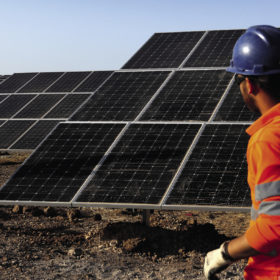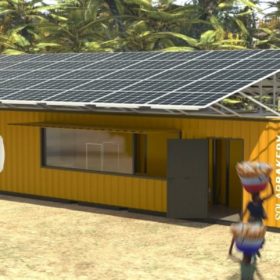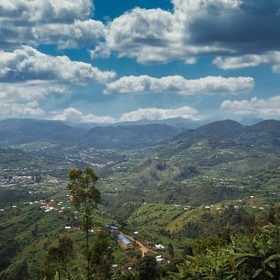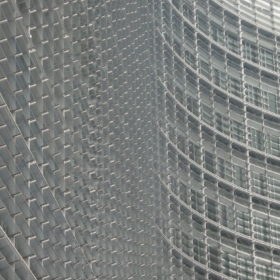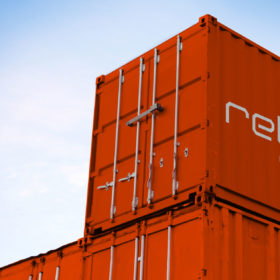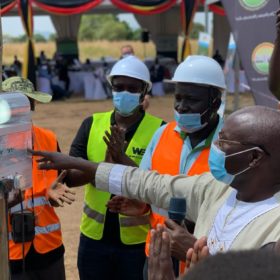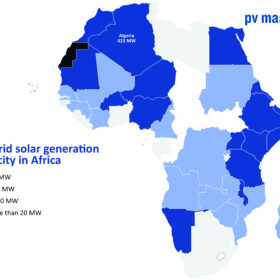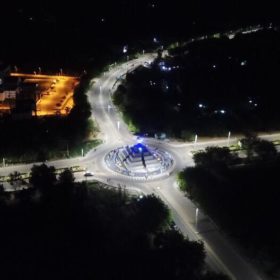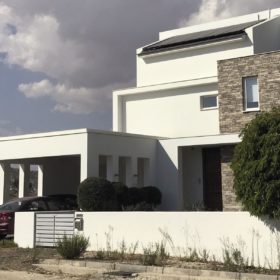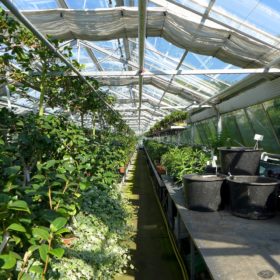Rystad: Residential solar soars past C&I in 2021
Renewable energy and battery storage has racked up another banner year in 2021, according to end-of-year analysis from Rystad Energy. While there was growth across segments, residential solar has seen the most impressive gains, surpassing the commercial and industrial (C&I) segment for the year.
Solar bakery as a containerized solution
The 52 kW containerized solution is being developed by German start-up Solarbakery. The bakery’s production process was adapted in such a way that the majority of electricity consumption is already incurred during the day and is only baked briefly in the dark before dawn.
Rwanda seeks consultants to support development of mini-grids
The Development Bank of Rwanda wants to finance developers to build photovoltaic and mini-grids ranging in size from 10 kW to 1 MW.
European Commission suggests zero-emission building mandate for 2030
The proposed measure, which will now pass to the Council of Ministers and European Parliament for debate, would further the adoption of PV, according to SolarPower Europe, especially if the commission’s proposal it be applied to public sector structures from 2027 is adopted.
Scatec brings containerized solar-plus-storage system to Cameroon
Two projects in the northern region of the African nation are set to bring 36 MW of solar and 20 MW/19 MWh of storage online, with the first facilities due to start generating within days.
Uganda turns to solar mini-grids to level-up its northern region
A spokesperson for London-based installer Winch said the subsidized, $0.29/kWh electricity the networks will offer to villagers is the lowest price for such a system anywhere in the world.
German development bank allots fresh €49m for African mini-grids
A new foundation set up by KfW will offer grants to attract investment in a bid to offer more than 350,000 people access to clean electricity.
‘No limit to the number of mini grids which can be installed in Nigeria’
U.S.-based Husk Power Systems has installed six solar mini-grids in the West African nation and aims to build more than 500 by 2026 with the help of World Bank funding.
The weekend read: Building a new urban solar policy environment
Since the beginning of 2021, all new buildings constructed in the European Union must be “nearly” zero energy. This is a complex task requiring synergies among various stakeholders and technologies. Ilias Tsagas provides insight into the drivers and challenges toward this set goal, and shines a light on solar’s most significant role.
System design for greenhouses relying on PV and ground source heat pump
Proposed by Turkish scientists, the system design consists of combining rooftop PV with a ground source heat pump in a greenhouse used for tomato, cucumber and lettuce cultivation. The solar array operates under net metering and grid electricity is used when PV generation is unable to cover demand. According to their findings, the system payback time ranges from 2.6 to 7 years.
